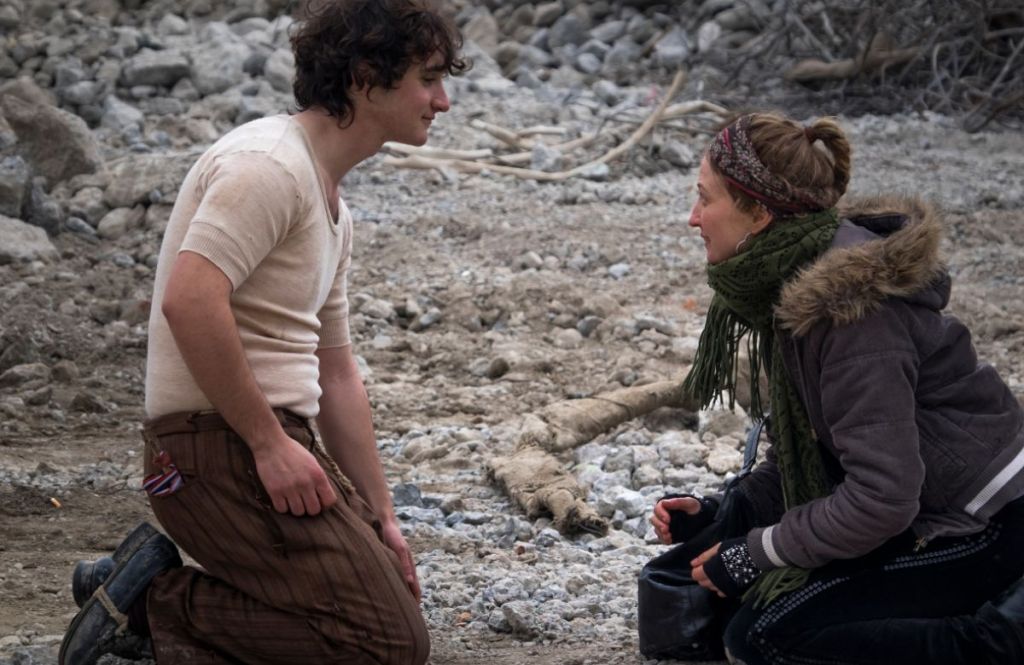Lazzaro felice
Director: Alice Rohrwacher
Writer: Alice Rohrwacher
Cast: Adriano Tardiolo, Agnese Graziani, Alba Rohrwacher, Luca Chikovani, Tommaso Ragno, Sergi López, Natalino Balasso, Carlo Tarmati, Pasqualina Scuncia, Nicoletta Braschi
Seen on: 30.11.2021
Content Note: ableism
Plot:
Inviolata is a small, secluded village that is pretty much cut off from the rest of the world. The people there live poorly and work hard as tobacco farmers for the Marchesa Alfonsina De Luna (Nicoletta Braschi) who comes to her estate only rarely. Lazzaro (Adriano Tardiolo) is one of the workers, a sweet and obedient young man who is always pleasant and does whatever he is told – and he is told to do a lot. On one of the Marchesa’s visits, Lazzaro meets her son Tancredi (Luca Chikovani). Tancredi sees an opportunity in using Lazzaro to pretend that he was kidnapped, but that ruse backfires and changes all of their lives forever.
Lazzaro felice is interesting in many ways, but it did lose me along the way at some point – around the same time that it seemed to lose track of what story it is trying to tell in the first place.
I very much liked the first half of the film. On the one hand, the sense of displaced time (are we in the 17th or the 21st century?) kept me unbalanced in a very pleasant way, on the other hand, I really enjoyed Tardiolo’s performance. Lazzaro doesn’t speak much, but his kindness shines in every scene.
It is in Lazzaro’s characterization, though, that the film runs into its first problem. Often, descriptions of the film frame Lazzaro with very ableist language, and the film certainly plays into it. Maybe Lazzaro has a learning disability, maybe he doesn’t. It wouldn’t be really important in the story the film tells, if it wasn’t for the fact that the “angelic disabled person who is too kind for this world” is a rather well-known and harmful trope. And the film leans into that all the way.
The film does include some social criticism, never stronger than when it is revealed what exactly was happening in Inviolata. But instead of sticking with this, the film focuses on Lazzaro’s loyalty to Tancredi, and I just don’t know what the film is trying to say here. With Lazzaro as the hero of the story, are we supposed to think his subservience is enlightenment?
In the end, the film gets too convoluted for its own good. And the ending, supposed to be extremely dramatic, had me rolling my eyes instead. It just doesn’t work at all. It’s not earned, and it feels cheap for it. But along the way, the film does have many charming and thought-provoking elements, so it definitely isn’t a total loss.
Summarizing: a mixed bag.


